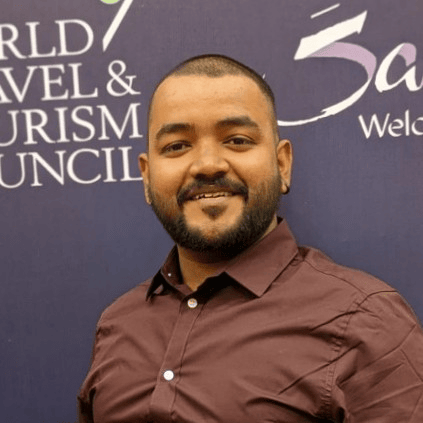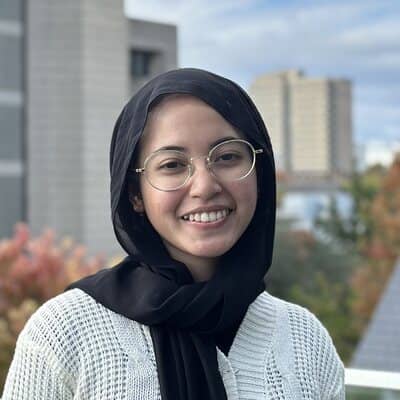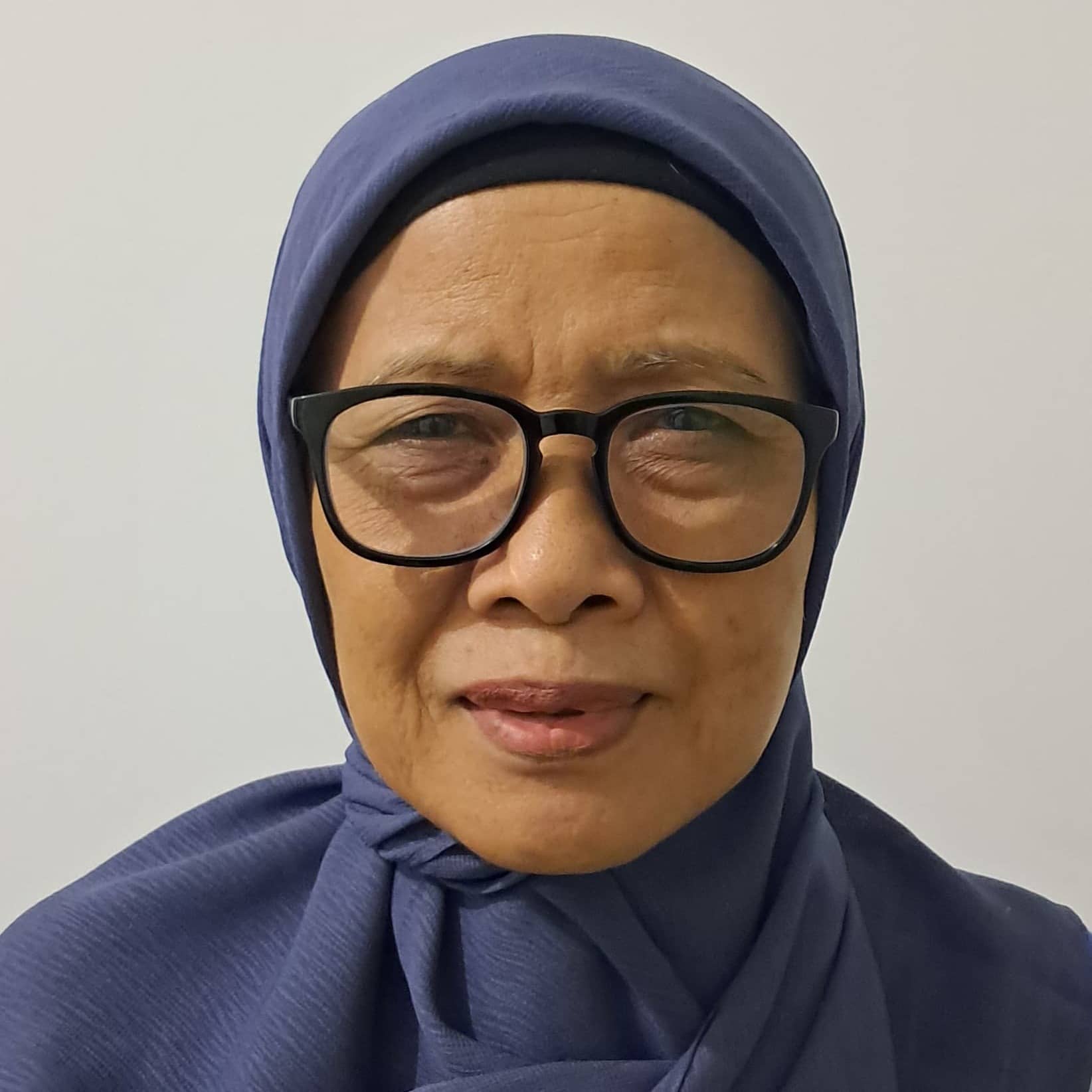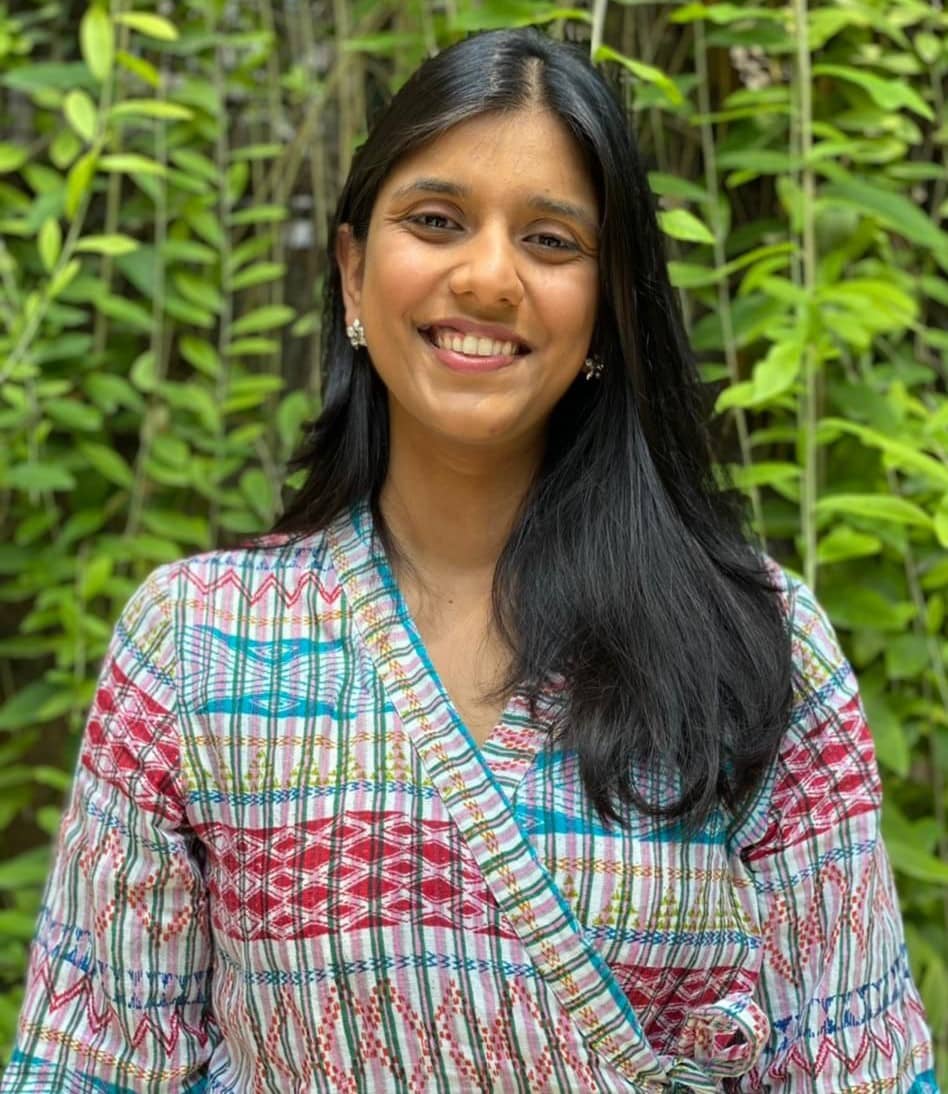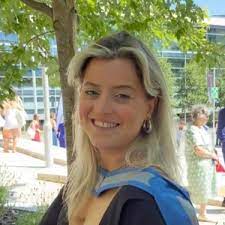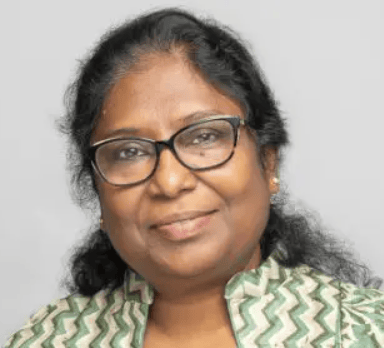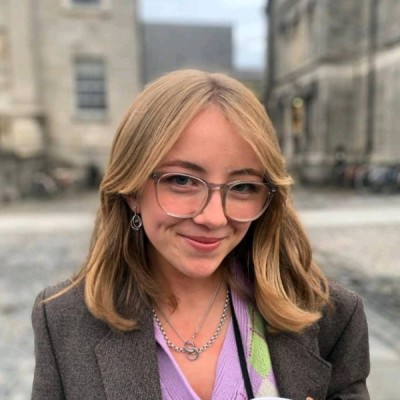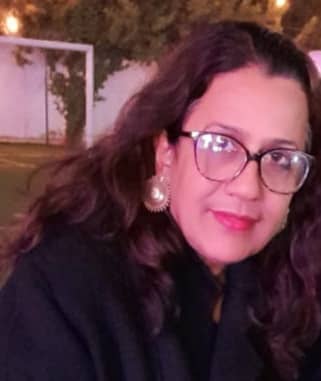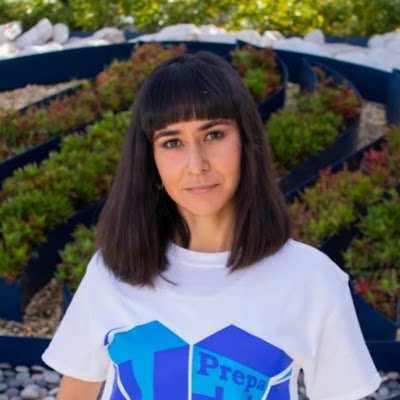Generation Global Newsletter - Issue 4, 2025
In moments when the world feels divided, young people show us that reflection, curiosity, and conversation can still bring us closer. Welcome to our Q4 2025 newsletter! This quarter has been rich with reflection, reinforcement, and global connection. From young people exploring the realities of climate change through COP30 Youth Dialogues, to the launch of a new topic on Artificial Intelligence, to deepening our partnerships in Rwanda and engaging with...



